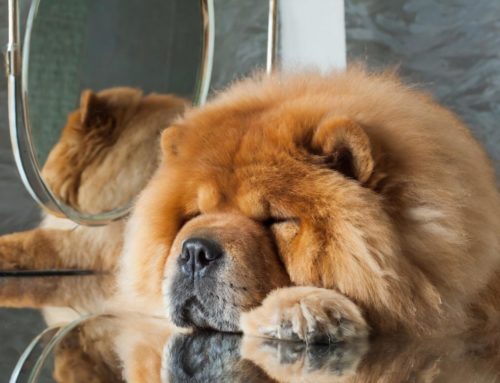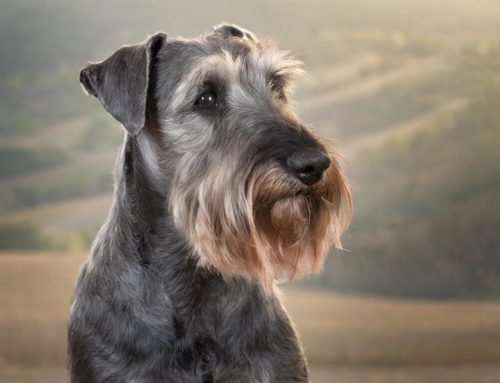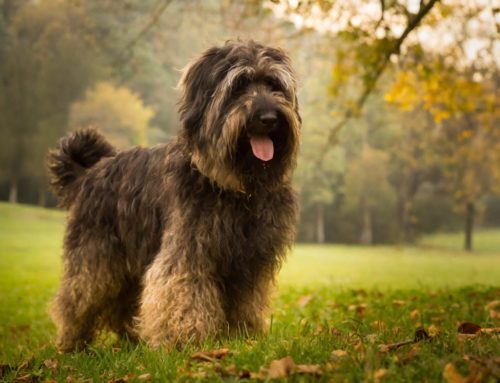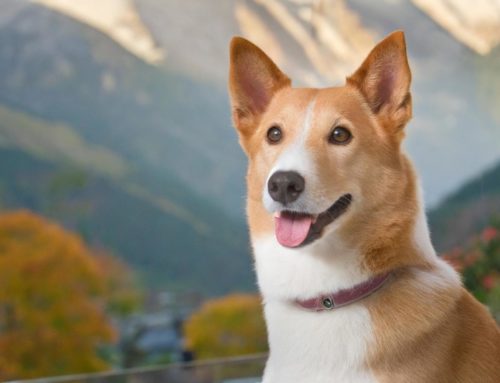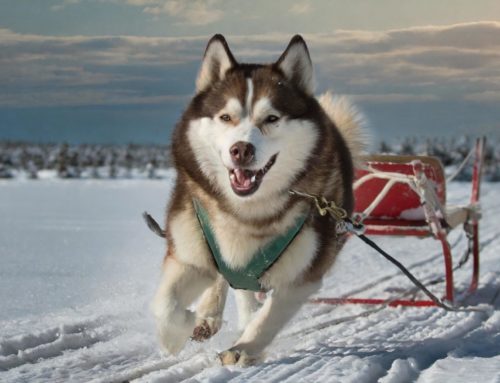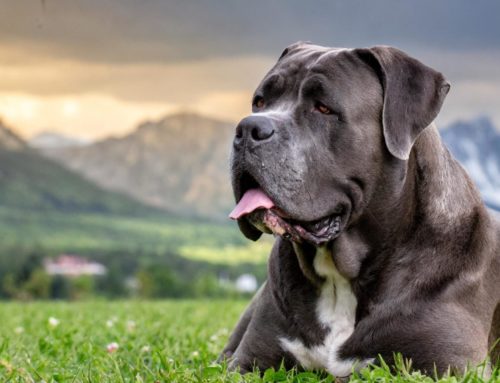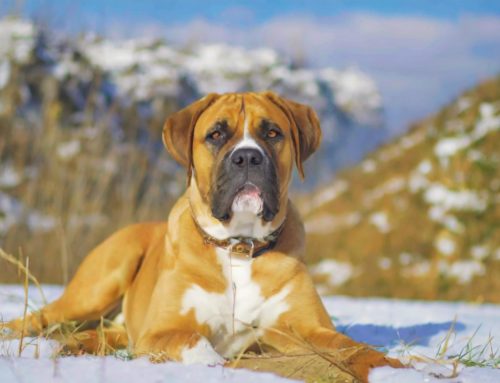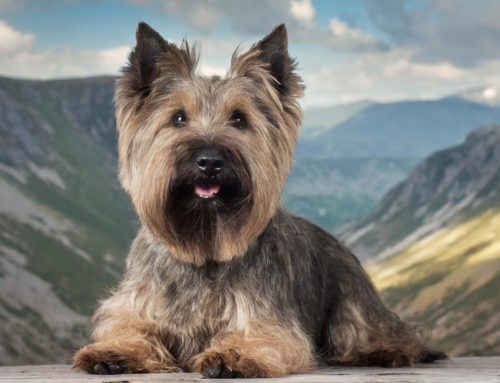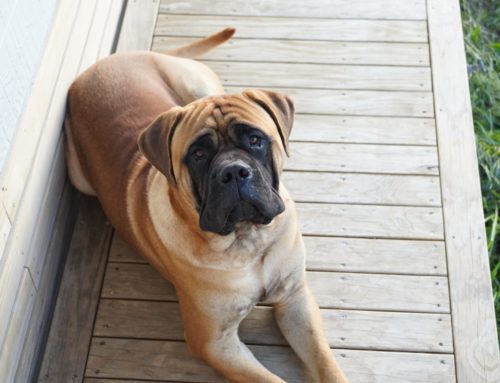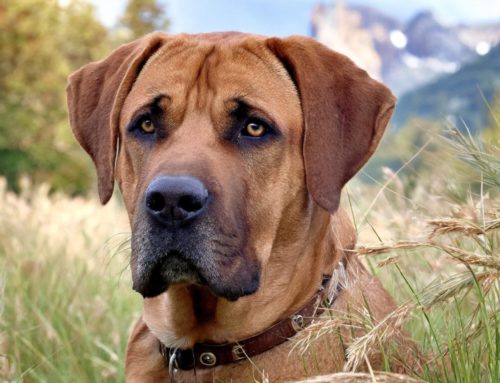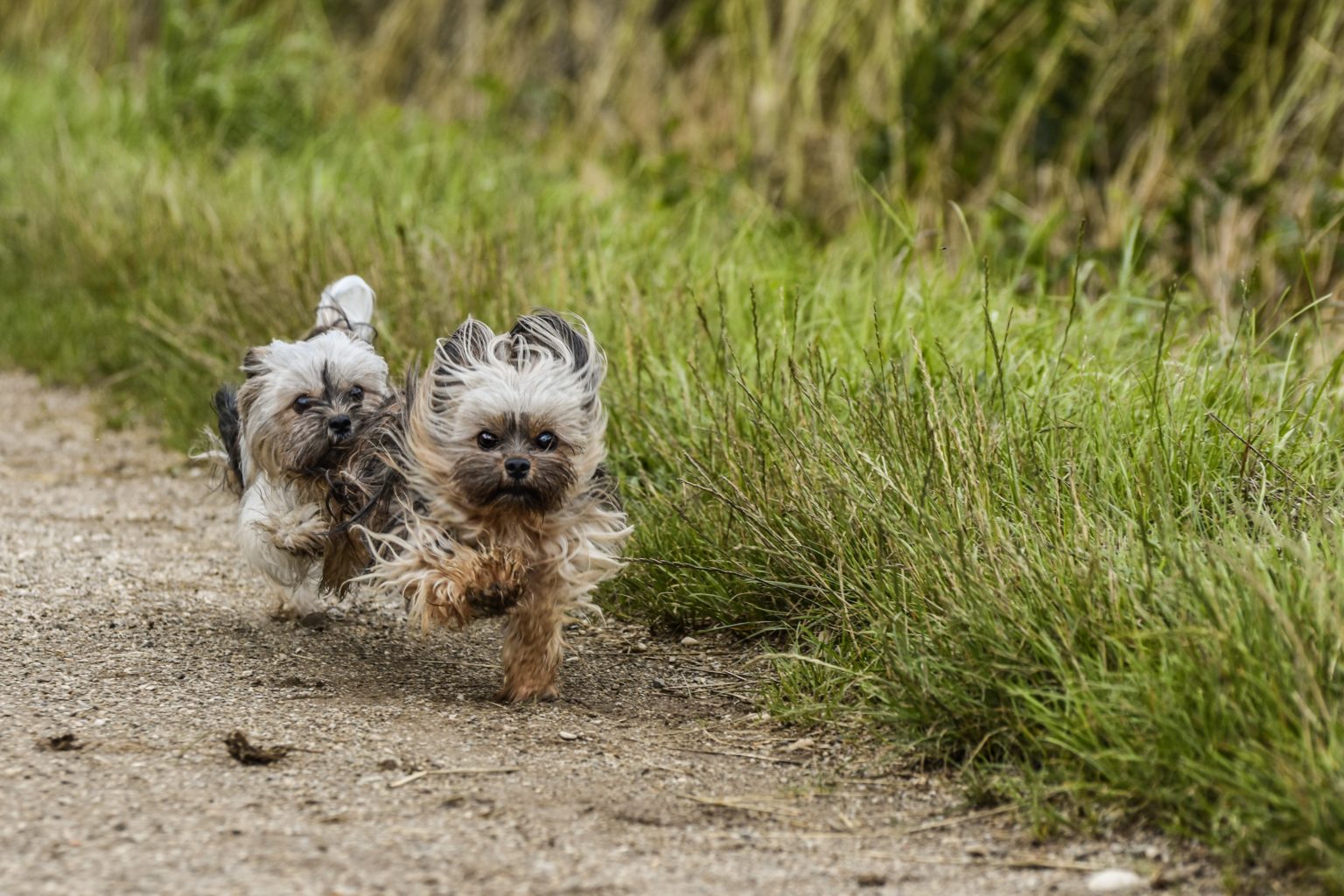
The Bolonka Zwetna, a charming and affectionate dog breed, has its origins in Russia. The name ‘Tsvetnaya Bolonka’ literally means ‘coloured Bolonka’, with ‘Zwetna’ referring to its various coat colours.
This breed is a descendant of several small dogs, including the Shih Tzu, Lhasa Apso, Bichon and perhaps the Poodle. It was bred to serve as a lap dog at the Russian court of the tsars. These small dogs were known for their intelligent and lively nature, and were very popular as gifts for the ladies at court.
Officially recognised by several kennel clubs, the Bolonka Zwetna is valued as a companion dog, thanks in part to its affectionate nature and ability to get along well with children and other pets. Despite its small size, the Bolonka Zwetna needs sufficient exercise and mental stimulation to remain happy and healthy.
FCI Group of these dog breeds from the russian court of the sars
The Bolonka Zwetna, a charming and affectionate small dog breed, belongs to FCI Group 9, the group of Companion and Toy Dogs.
Originating from Russia, this breed is known for its fluffy coat and lively personality, making it a favourite pet for families and individuals. Characterised by its compact size and curly, silky coat that can come in a variety of colours, the Bolonka Zwetna is designed to offer companionship to its owners.
Although not as well known as some other breeds within Group 9, the Bolonka Zwetna has a loyal following thanks to its adaptability, intelligent nature and relatively low-maintenance coat. This breed is excellent for flat living and has a moderate need for exercise, making it perfect for urban environments.
The appearance of the Bolonka zwetna
Originating from Russia, this breed is known for its charming appearance and intelligent character. The puppies of this breed are irresistibly cute, with their curly coat that can come in a variety of colours, from pure white in the White Bolonka Franzuskaya to the mixed colours of the Tsvetnaya Bolonka and Russkaya Tsvetnaya Bolonka.
The Bolonkas, both males and females, have a soft and playful appearance. Their coat requires regular combing and trimming to prevent tangles and maintain their soft texture.
These dogs are very sociable and are known for their stable nature, making them easy to get along with both people and other animals. They adapt easily and are very affectionate towards their owners.
These small dogs, often classified as ’toy’, are popular in cities like Moscow and St Petersburg. They are often compared to other small breeds such as the Bichon, Bolognese, Maltese, Havanese, and Affenpinscher
Hereditary diseases and disorders
The Bolonka Zwetna, can be prone to certain hereditary diseases and disorders, just like other breeds.
Here is a list of some of the health problems that can occur in this breed:
- Patella Luxation: This is a common condition in small dogs, where the kneecap shifts out of its normal position.
- Hip dysplasia: Although less common than in larger breeds, hip dysplasia can also occur in the Bolonka Zwetna, leading to problems with the hip joints.
- Eye diseases: Various eye diseases can affect this breed, including problems with the tear ducts and other related issues.
- Joint disorders: Besides hip and knee problems, Bolonkas can suffer from other joint problems.
- Seasonal Hair Loss: Although the Bolonka Zwetna does not shed much, the breed can experience seasonal hair loss.
- Skin problems: Skin problems can occur, partly due to the dense coat that requires regular grooming to prevent tangles and skin irritations.
- Sensitivity to Allergies: Some Bolonkas may be prone to allergies, which may manifest as skin irritations or food allergies.
The character of the Bolonka zwetna
This breed, often called a “toy” because of its compact size, is intelligent and easy to train, making it a favorite with dog owners. The Bolonka zwetna’s silky coat requires regular grooming to prevent tangles and stay soft. Although these dogs do not shed much, it is important to brush their coat regularly.
The Bolonka Zwetna has a strong bond with its owner and is very affectionate. These dogs love interacting with people and are known for their ability to get along well with both adults and children. They enjoy games and short walks, making them an excellent companion for families.
Despite their small size, Bolonkas can be stubborn at times, so consistent upbringing is important. They are smart little dogs who learn new tricks quickly, especially if training begins at an early age with the puppy.
Responsible breeders and kennel clubs stress the importance of proper socialization and training to take advantage of this breed’s natural intelligence and stable temperament. The popularity of the Bolonka Zwetna has increased in recent years, partly because of their loving nature and partly because they are suitable for people with allergies.
Their ancestors, including breeds such as the Lhasa Apso, Shih Tzu, and the Bichon Frisé, have contributed to their friendly and playful nature. It is a breed known for its love of companionship, whether it means cuddling on the couch or having fun on walks and games.
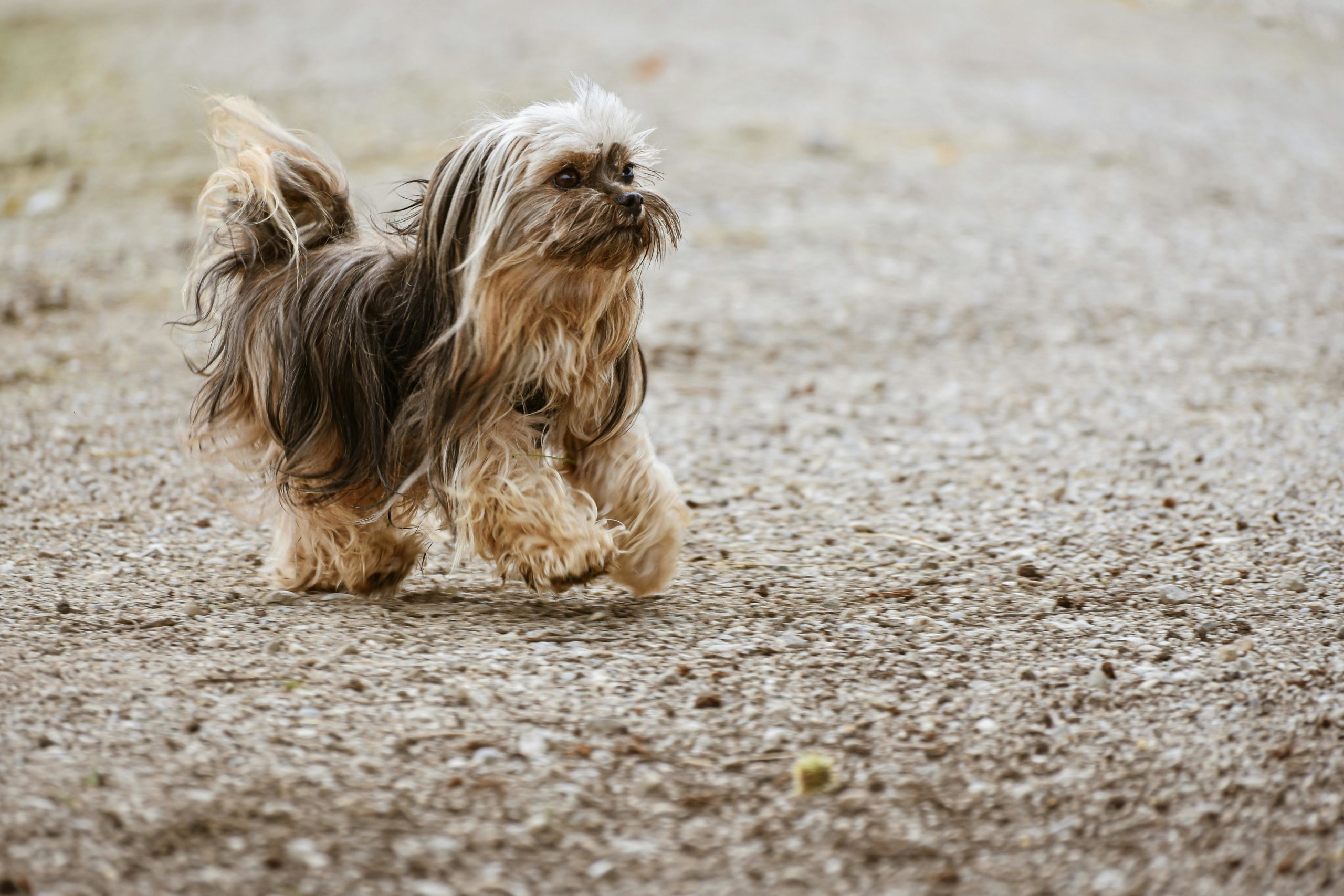
The Care of the Russian Bolonka zwetna
The Bolonka zwetna, with its attractive silky coat, requires regular grooming to stay in top condition. It is advisable to brush this small dog’s coat thoroughly at least a few times a week to prevent tangles and mats.
Regular trimming by a professional groomer or breeder is also recommended to keep their coat manageable and clean. Although the Bolonka Zwetna does not shed much, it is important to pay attention to seasonal shedding.
During these periods, it may be necessary to brush more frequently to remove dead hairs and keep the skin healthy. It is also important to check and clean the dog’s ears, eyes and teeth regularly, as these breeds can be prone to eye diseases and dental problems.
When it comes to bathing, the Bolonka Zwetna does not need to be washed often unless it is very dirty. Use a mild dog shampoo to avoid removing the coat’s natural oils. These small dogs also need plenty of exercise, although their size means they usually have enough for short daily walks and playtime.
Socialisation and upbringing of the Bolonka zwetna
The socialisation and upbringing of a Bolonka zwetna are crucial for its development into a well-adjusted adult dog. These dogs are known for their friendly and playful nature, but as with any breed, early socialisation is essential.
Introduce your Bolonka Zwetna to different people, environments, sounds and experiences at an early age. This will help prevent fear or reluctance in new situations and promote a stable and confident temperament.
Consistent and positive training methods work best for the Bolonka Zwetna. They are intelligent and eager to learn, which means they pick up new commands and tricks quickly. Positive reinforcement, such as praise and treats, is effective in rewarding good behaviour.
These dogs can sometimes be stubborn, so patience and perseverance are important in their upbringing. Provide structured playtime and regular walks to support their physical and mental health.
Finally, given their affectionate nature, it is important to also teach your Bolonka Zwetna to be alone from time to time. This helps prevent separation anxiety.
How much experience does a Bolonka zwetna require
The Bolonka Zwetna, is an excellent choice for both experienced and inexperienced dog owners. For beginners, this small, intelligent dog offers a relatively easy introduction to dog care and training. Their eagerness to learn and willingness to please generally make training easy, although consistency and patience remain essential.
For experienced owners, the Bolonka Zwetna can be a joyful addition to the family, thanks to their stable nature and ability to quickly pick up new commands and tricks. Their social and playful nature also makes them suitable for households with other pets.
Is training necessary?
Training is absolutely necessary for the Bolonka Zwetna, just like with any other dog breed. These intelligent and energetic dogs benefit from early and consistent training to develop their social skills and obedience.
Despite their small size, they have a strong character and can sometimes be stubborn, which means structured training is important to promote desired behaviour.
The Bolonka Zwetna is known for its learning ability and adaptability. They respond well to positive reinforcement techniques such as praise, treats and play. Regular short training sessions help them pick up commands quickly and keep their attention.
Socialisation training is also crucial for this breed. Early interaction with different people, dogs and situations helps develop a well-adjusted, confident and social dog. This prevents behavioural problems such as fear or aggression.
In addition, training helps strengthen the bond between dog and owner, which is essential for this affectionate breed. The Bolonka Zwetna thrives on human interaction and enjoys the company of its family, so training strengthens this important relationship.
How much exercise does a Bolonka zwetna need?
A small but lively breed, the Bolonka zwetna needs a moderate amount of exercise daily to stay healthy and happy. Despite their small size, they are active and love to play, so a combination of short walks and playtime is ideal.
About 30 to 45 minutes of exercise per day, divided into two or three walks, is sufficient for most Bolonka Zwetnas. This can be supplemented with playtime indoors or in a securely fenced yard.
This breed is also intelligent and benefits from mental stimulation. Interactive games, such as fetch or search games, can help keep their minds active. Training sessions, especially those involving tricks or obedience exercises, also provide a good mental challenge.
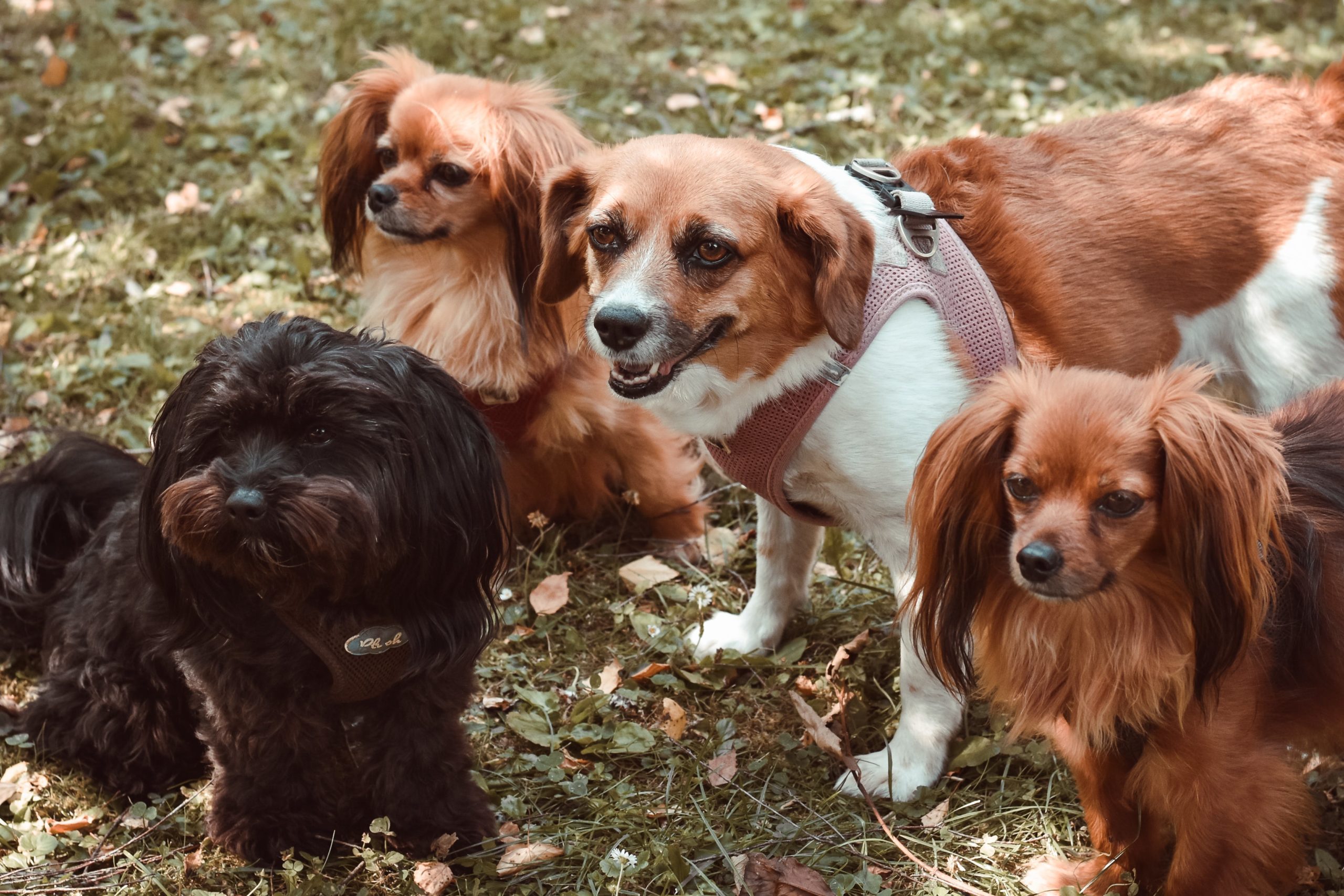
What is the handling with children of these dogs like
The Bolonka Zwetna is known for its friendly and gentle nature, which makes it an excellent choice for families with children. These small, intelligent dogs are usually very affectionate and enjoy the attention and company of their human family members, including children.
Their playful and lively nature means they enjoy participating in games and activities with children. They are patient and often tolerate children’s playful behaviour, but as with any interaction between dogs and young children, supervision is always advisable. This ensures that both dog and child interact safely and respectfully.
Because of its size and robust build, the Bolonka Zwetna is also less fragile than some other small dog breeds, which can be an advantage in a home with children. However, children should always be taught how to treat pets with care, regardless of the breed.
Advantages of a Bolonka zwetna
- Size: Their small size makes them suitable for both flats and houses.
- Character: They are known for their loving and affectionate nature, making them excellent companion dogs.
- Intelligence: Bolonkas are intelligent and relatively easy to train.
- Social: They get along well with other pets and are friendly towards both adults and children.
- Care: Their fur does not shed much, which is beneficial for people with allergies.
Disadvantages of a Bolonka zwetna
- Care: The coat requires regular grooming, including brushing and occasional trimming, to avoid tangles.
- Health problems: Like many small breeds, they can be prone to certain health problems, including patella luxation.
- Separation anxiety: They can be prone to separation anxiety, as they become very attached to their owners.
- Stubbornness: Their intelligence can sometimes lead to stubborn behaviour, which requires consistent training.
- Exercise needs: Despite their small size, they need plenty of exercise to stay happy and healthy.
How old a Bolonka zwetna gets
Known for its liveliness and charm, the Bolonka Zwetna has a relatively long life expectancy for a dog breed of its size. On average, Bolonka zwetnas can live between 12 and 16 years, depending on factors such as genetics, health care, diet and lifestyle.
Price of a Bolonka zwetna
The Bolonka Zwetna, a delightful small breed originating from Poland, known for its non-shedding coat and spirited demeanor, is not commonly found in the US. Here’s an overview of what to expect in terms of pricing, alternative breeds, and some advice:
Price of a Bolonka Zwetna Puppy in the US:
- Typical Range: Given their scarcity, it’s challenging to determine a precise cost. A Bolonka Zwetna puppy might cost between $1,800 and $4,000 from a well-regarded breeder.
Influencing Price Factors:
- Breeder’s Reputation: Expect higher prices for puppies from breeders known for their imported lineages.
- Pedigree: Registered Bolonka Zwetnas, recognized by the AKC in 2019, command a premium over non-registered ones.
- Geographical Location: Anticipate higher prices in regions with an elevated cost of living.
- Age: Puppies are generally more expensive than adult dogs.
- Coat Color: The breed’s standard solid white color typically doesn’t lead to price variations for different shades.
Breeds Worth Considering:
For enthusiasts of the Bolonka Zwetna’s characteristics but open to other options, consider these breeds available in the US:
- Bichon Frise: Known for their lively charm and fluffy coat, with prices ranging from $800 to $2,000. They exhibit a bit more energy.
- Maltese: Famous for their elegant, flowing coat and gentle nature, these dogs are priced around $1,200 to $2,000. They are somewhat smaller and share grooming requirements with the Bolonka Zwetna.
- Havanese: Warm and spirited, known for their silky coats, these companions cost between $1,500 and $2,500. They bring a bit more zest to their interactions.
- Shih Tzu: Known for their affectionate nature and luxurious coat, these dogs are priced similarly, between $800 and $2,000. They feature a distinctive facial structure and may require special attention to breathing.
Advice for Prospective Owners:
- Detailed Research: Bolonka Zwetnas may experience separation anxiety and need regular grooming. Verify that their care requirements match your lifestyle.
- Visit the Breeder: Ensure to inspect the breeding premises and meet the puppy’s parents to judge health and behavior.
- Focus on Early Development: These intelligent dogs do well with positive reinforcement and early socialization, which is key to their adjustment to various environments.
- Maintain Their Coat: Their fluffy coat demands consistent grooming to prevent mats and keep them looking their best.
Locating a Bolonka Zwetna Breeder:
- Bolonka Zwetna Club of America: A resource for finding ethical breeders, potentially offering a directory or assistance in connecting with breeders.
- Online Kennel Directories: Utilize these to explore Bolonka Zwetna breeders within the US, making sure to directly engage for detailed inquiries on availability and costs.
Remember: Embracing a pet is a serious, enduring commitment. While purebred Bolonka Zwetnas may be scarce in shelters, considering adoption can be a rewarding alternative, potentially offering the chance to home a dog with similar traits at a substantially lower cost.
